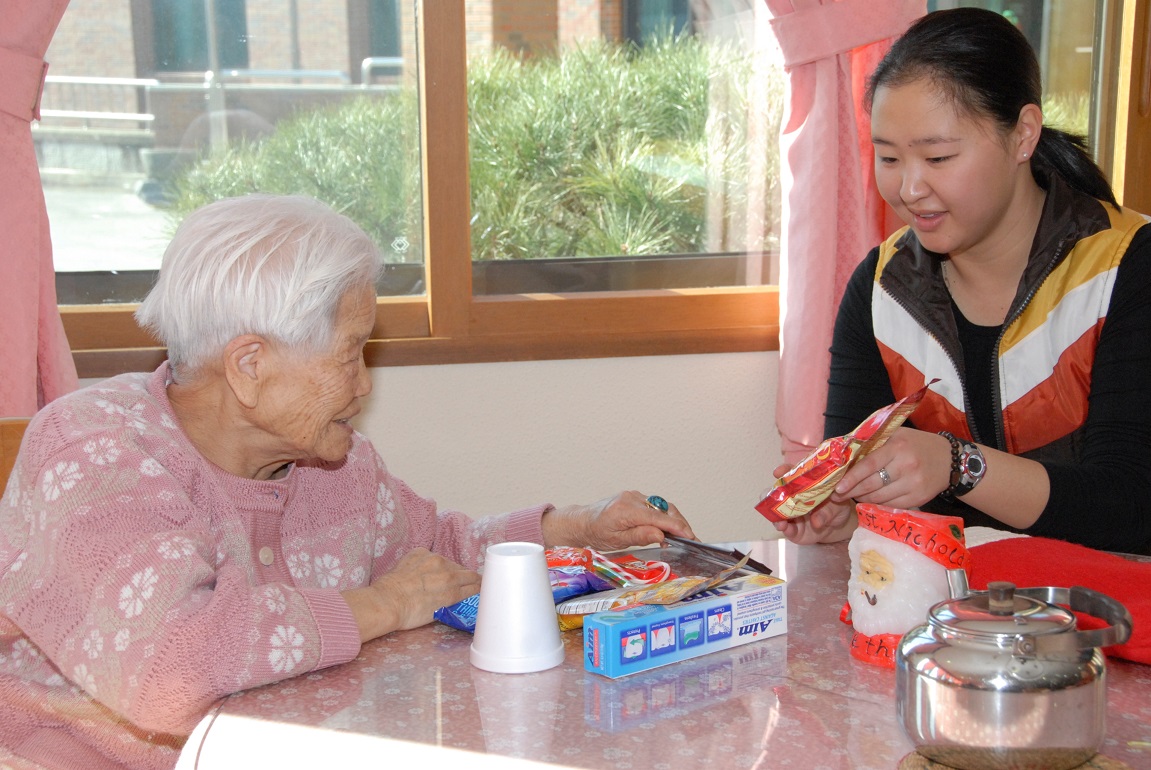Asian Americans and Pacific Islanders (AAPI) are the fastest growing minority group in America, according to the U.S. Census. Between 2010 and 2030, the AAPI older adult population is projected to increase by 145%. A rapidly increasing aging population demands resilient, capable, and enduring systems of care. Familial systems of care are more prevalent in AAPI communities than other racial groups, with 42% of AAPIs providing care to an older adult, compared to 22% of the general population.
The Tailored Caregiver Assessment and Referral® (TCARE®) program is an evidence-based, care management software platform designed to enable care managers to more effectively support family caregivers by efficiently targeting services to their needs and strengths. The TCARE® program includes standardized assessments, scientifically validated decision algorithms, links to community resources and care planning tools. The success of TCARE® is well documented, and notably, in an evaluation on the intervention’s impact in Washington state, 84% of caregivers who remained in the program for six months reported improved levels of stress and depression. With stronger and more coordinated systems of support, caregivers may be able to avoid or minimize the adverse economic impacts caregiving often imposes. However, an evaluation of a TCARE pilot project in an Area Agency on Aging (AAA) found a need for cultural adaptations and language translation of the TCARE tools for appropriateness with AAPI caregivers.

U.S. Air Force photo/Capt. Sheryll Klinkel
As two of the largest AAPI populations, Korean and Vietnamese caregivers face grave disparities in accessing help due to cultural barriers and high rates of limited English proficiency. Through support from The City of Seattle Human Services Department and Administration on Community Living, the National Asian Pacific Center on Aging (NAPCA), in partnership with Tailored Care Enterprises, LLC. and the Korean Women’s Association, launched a special project, “Increasing the Capacity of Family Caregiver Interventions,” to increase Korean and Vietnamese caregivers’ access to evidence-based long-term services and supports (LTSS). The project held focus groups with Korean and Vietnamese caregivers, and with service providers who work with Korean and Vietnamese caregivers in Seattle, Washington. The focus groups explored considerations for translation of the TCARE tools, recommendations for cultural adaptations, and cultural stigmas.
Preliminary findings reveal the feelings of stress, guilt, worry, frustration, and exhaustion shared among caregivers engaged in the focus group. These feelings are universal to caregiving, and evidence the need to build LTSS that improve stress and depression and are accessible to all caregivers. Cultural stigmas permeated focus group discussions; for example, a Korean focus group participant exclaimed, “I am the eldest daughter-in-law, so I thought I should do it all.” For many Vietnamese focus group participants, the word caregiver did not resonate. One Vietnamese participant shared, “Caregiving is just a duty and responsibility of the wife toward to her husband.” Based on findings, such as these, the project will recommend cultural revisions to TCARE’s protocol, expanding training and education for both caregivers and professionals administering TCARE. The addition of culturally and linguistically appropriate training and education will reduce cultural stigmas, strengthen the program fidelity, and increase access to TCARE for Korean and Vietnamese caregivers nationwide. Later this month, NAPCA will release a final report, including best practices for professionals based on the project’s findings, through the National Resource Center on AAPI Aging: http://napca.org/resource/
The opinions expressed in this article are those of the author and do not necessarily reflect those of the Diverse Elders Coalition.

